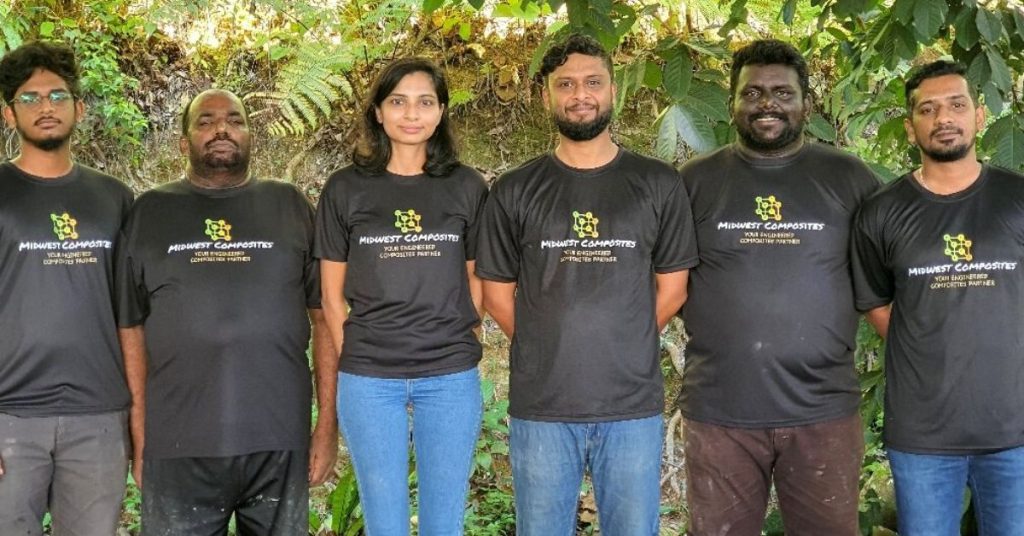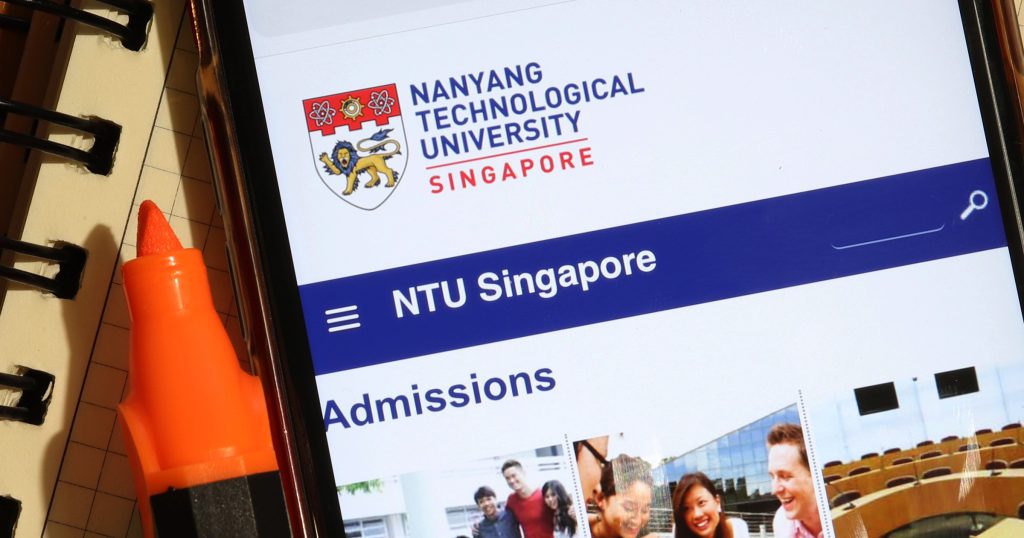[Written in partnership with MaGIC, but the editorial team had full control over the content.]
One of the reasons why Malaysians may be hesitant in making the switch to electric vehicles (EV), other than the lack of incentives from the government, is the lack of infrastructure to curb range anxiety.
Did you know: Range anxiety is the electric vehicle owner’s fear that an EV’s battery does not have sufficient enough charge for the vehicle to reach its final destination or that a charge point won’t be available for charging “on the road.”
driivz
A manufacturing solution to this would be building EVs with more efficient materials. This would make a vehicle’s frame lighter, making room for more batteries (which will also increase the car’s stability), thus increasing its range.
Eyeing this scene is Malaysian startup, Midwest Composites which engineers alternative materials to reduce the weight of EVs in a cost-effective way. With Malaysia unlikely to build its own fully electric car for consumers anytime soon, they’re starting with public transportation in the form of buses.
Its CEO, Sethu Raaj Munusamy shared, “We not only reduce weight for EVs, most of our current work is in conventional vehicles also. In a conventional car, we can reduce the weight up to 40% through composites. This amounts to fuel savings of 28% for the car.”
Composites are the future of material
A composite is a material that is produced from two or more constituent (distinct) materials. Composites provide certain benefits such as being more lightweight, corrosion-resistant, flexible, and low maintenance over traditional materials such as steel, aluminium, wood, or concrete.
Think of it like extremely strong plastic, but environmentally friendly especially when using biomass, which is a renewable organic material that comes from plants and animals.

Midwest Composites essentially conducts R&D and manufacturing for composites, including the hybridisation of glass through carbon and plant based fibres such as palm oil, kenaf, pineapple, and others.
“Our core passion is the usage of biomass in composites so that we can reduce the amount of plastic that is not recyclable in the environment,” Sethu told Vulcan Post.
Malaysia has the materials, but not the machines
Getting the biomass into a matted structure that’s needed for proper production is not yet available in Malaysia, despite the abundance of raw materials here. Which means, Malaysia has the raw materials that can be made into composites, but lacks the production materials needed to convert them.
Sethu further explained that similar production materials required are available in Europe, but are too expensive for the Midwest Composites team.
“So until we can find a way to produce these materials here, we will have to lean on hybridisation of glass, carbon and natural fibres,” he shared. This is to push for the manufacturing and use of composites in Malaysia, which are applicable in various industries.
The team intends to one day penetrate the consumer market too, to make carbon fibre parts more affordable to the masses and Original Equipment Manufacturers.

But they need to convince the market first
One challenge that may be faced by the team is in convincing the market to make the switch to using more sustainable materials. This is especially so when manufacturing composites can be more costly in the first place as it has yet to reach economies of scale.
Sethu agreed, “Being a startup in a new technological field presents challenges where you need to educate customers that are already comfortable with their existing options, so convincing them can be time-consuming and also financially heavy.”
“But once the market understands the real potential of these natural fibres, this industry will take off and we intend for it to be leading this revolution,” Sethu stated his goal for the company.
Hence, a viable way for Midwest Composites to gain customers’ trust is through leading by example. The company would have to showcase that, despite the high initial costs, making the switch to composites will mean other cost-saving benefits in the long run.
This makes the startup’s current partnerships with large companies a strategic move.
Serving buses, drones, and conventional vehicles
Currently, Midwest Composites’ team is working with a local bus company to develop a Malaysian made electric bus.
For example, the team has built an engine cover requiring no metal framing as support. This is able to reduce its weight by 50% compared to the conventional build using metal materials. They’ve also built a diesel tank and toilet module out of fiberglass for the bus.
Other than buses, Midwest Composites also makes components for conventional vehicles like car and motorcycle mud flaps, bumpers, and interior cover panels. They’re made of fibreglass and carbon fibre that can be customised based on consumer demands.

Sethu shared that since partnering with the bus company, the client then connected them to a local drone builder who was looking for fibreglass infusion drone body kits.
Part of the project also involves building a lighter electric motor for the drone with a 2.5-metre wingspan.
“This is a monumental project for us as we are building the first of its kind in SEA and will help our reputation in establishing ourselves as an advanced composites company globally,” Sethu said.

Midwest Composites has also partnered with Inter Formula Sdn Bhd to develop a fully electric racecar for motorsports. Sethu reported that the company has been approached by more interested local companies with collaboration opportunities in the EV space too.
From these partnerships, Midwest Composites has made a total revenue of RM320K in the past 14 months.
We would love the opportunity to work with the big players in the industry such as Proton and Perodua to be able to share our composite expertise and use the synergy between us to build world-class composite cars here in Malaysia.
Sethu Raaj Munusamy, CEO and co-founder of Midwest Composites
Participating in the Global Accelerator Programme (GAP) Cohort 5 by the Malaysian Global Innovation & Creativity Centre (MaGIC) has also increased its visibility.
Being a part of GAP, Sethu is confident that Midwest Composites will be opened up to more business opportunities thanks to the mentorship and growth training available.
- You can learn more about Midwest Composites here.
- You can read about other Malaysian startups we’ve featured here.
Featured Image Credit: Sethu Raaj Munusamy, CEO and co-founder of Midwest Composites











